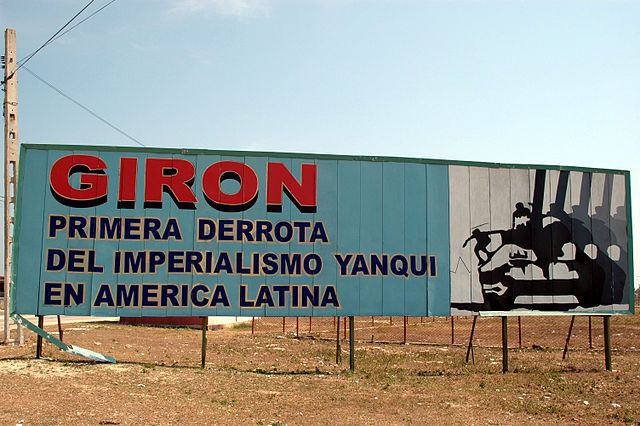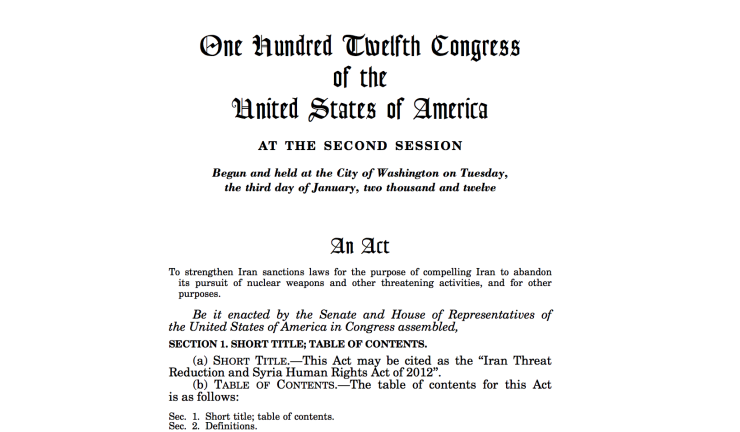Gov. Hutchinson Goes to Havana
While several U.S. states push additional state divestment and selective procurement sanctions on Iran – despite the advent of the nuclear accord between the U.S., other major world powers, and Iran – some U.S. states are leading trade delegations to Cuba in the wake of the recent thaw between those two countries.
This week, Reuters reported that Arkansas Governor Asa Hutchinson – a former member of Congress – is leading a trade delegation to Cuba and is urging Congress to revoke parts of the trade embargo with Cuba, particularly those restrictions barring Cuba from purchasing food from the U.S. on credit. Arkansas is “the leading rice-producing state and home to meat-giant, Tyson Foods Inc.,” according to Reuters, and recent sales to Cuba have fallen far short of their potential due to restrictions on Cuba being able to purchase food on credit from U.S. producers.
Arkansas is not alone in sending official delegations to Cuba for trade-related purposes. New York Governor Andrew Cuomo was the first to lead a trade delegation to Cuba this past April – a trip which included New York State’s economic-development agency and private business executives. Others, like Virginia, have hosted Cuban trade officials to talk agricultural trade, tourism, educational exchanges, and health care.
Arkansas is not far from getting its wish, either. As Reuters notes, this past July, a proposed bill made it out of the Senate Appropriations Committee with an amendment that would have allowed sales to Cuba on credit, but Republican leaders have refused to push the larger bill. Not surprisingly, the amendment was offered by Jeff Boozman – a Republican Senator from Arkansas. While it is unlikely the larger bill will pass the Senate, the efforts by Gov. Hutchinson to put out a more public call in support of the legislation, as well as other legislation to lift the wider trade embargo with Cuba, could rally substantial support from state governors, especially if trends persist towards greater openness with the Cuban island.
Nonetheless, as someone who has written extensively on the recent push for additional state divestment laws targeting Iran, the difference in treatment between Iran and Cuba could not be more stark. Gov. Hutchinson, for instance, was one of the signatories to the GOP state governors letter to President Obama, in which it was promised that states would continue to strictly enforce their own state divestment and selective procurement laws despite the lifting of federal sanctions on Iran. Why we see such disparate treatment in dealing with Iran as compared to Cuba deserves much further study.



